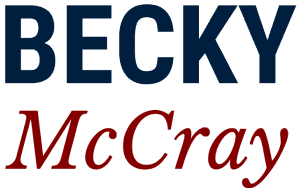Doesn’t someone have to drive the bus? Who’s really in charge?
When Deb and I were at RuralX Conference, we heard from a leader from a local arts performance group. They are putting on beautiful well-planned performances, but they are struggling with low attendance at their events. I suggested they stop planning it all themselves.
I told her the tale of two concerts: One was fully planned and organized to feature professional performers, and the public invited to attend. The other was a bit chaotically put together by a loose group of people and held open mic style, and the public was part of it start to finish. I encouraged her to think more like the chaotic and Idea Friendly concert.
She said, but doesn’t someone still need to drive the bus? What she meant was someone has to be the leader, do the planning, organize everything.
But there’s a difference between driving the bus, and expecting everyone to march onto the bus in matching uniforms and sit at attention while we drive to a destination we picked for everyone. That’s the old way we’ve been doing events. A few people in leadership sit down and plan out the performances and the program. They direct everyone’s work toward that closed defined goal. Then people who aren’t insiders of the organization can attend the event. Or not. That’s Old Way thinking.
We can be much more open, more flexible, more Idea Friendly. People can get on the bus at different times, or join our project at different times in different ways.
We can invite others to join us at the destination their own way or create their own way to contribute to a performance. Maybe they didn’t ride the bus, maybe they came on their bikes, or roller blades, or they hiked or they flew in with jetpacks!
If we set out the goal of sharing a performance with the community, we can invite others to create their own ways to contribute. Maybe they’ll come up with side events, things before or after, or ways to involve groups of people in creating something together.
We can create the context where they can contribute meaningfully around a shared goal of creating a performance for the community. We can set the broad guidelines that make it easy for them to create the event along with us.
But what if they make mistakes? What if they try something that doesn’t work? What if? What if? What if? Well, we can talk about more of that next week.
Right now, you might want to sign up for our latest video on Creating Events They’ll Attend. Deb’s revealing a bunch of her secrets to letting go of control and getting better community events as a result.
PS – New this month: you get more time to watch your videos. You get two full weeks from the day you buy, so you have time to share with a friend or set up a quick watch party
